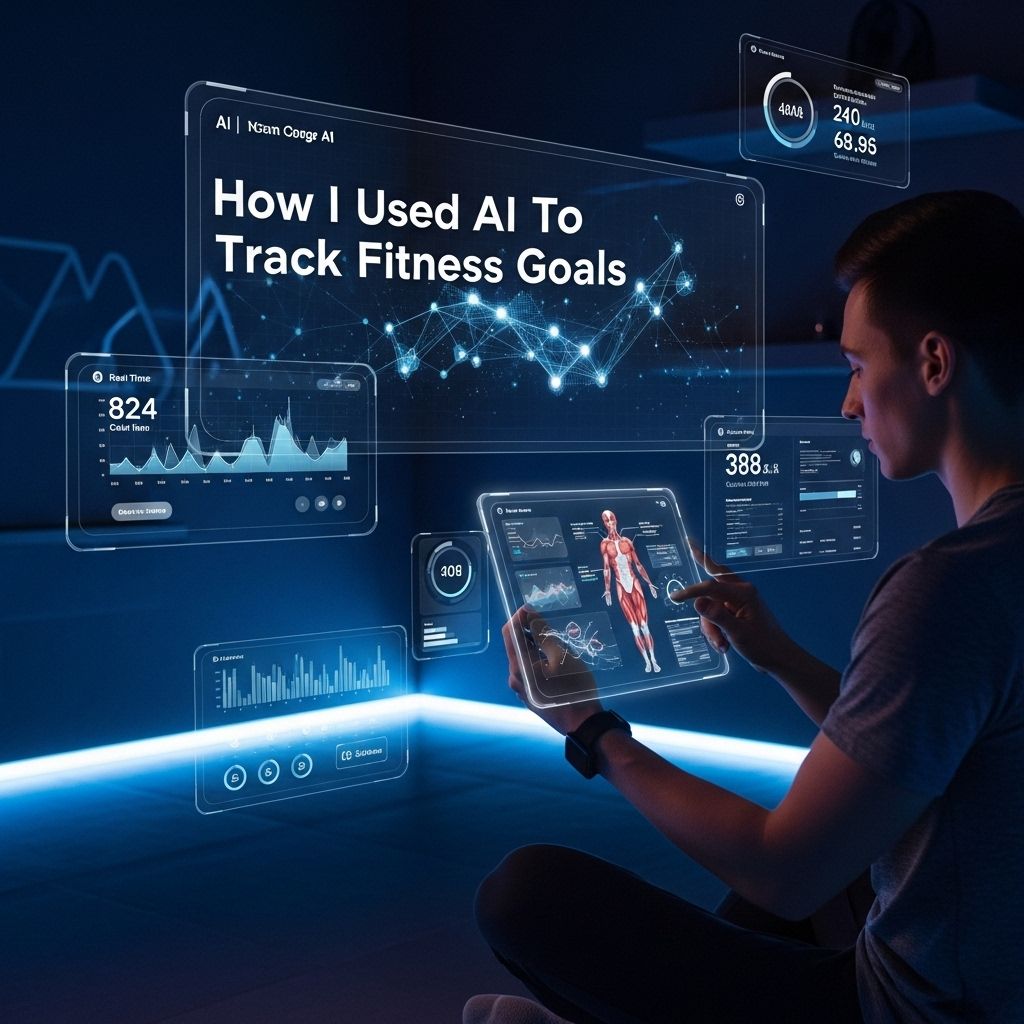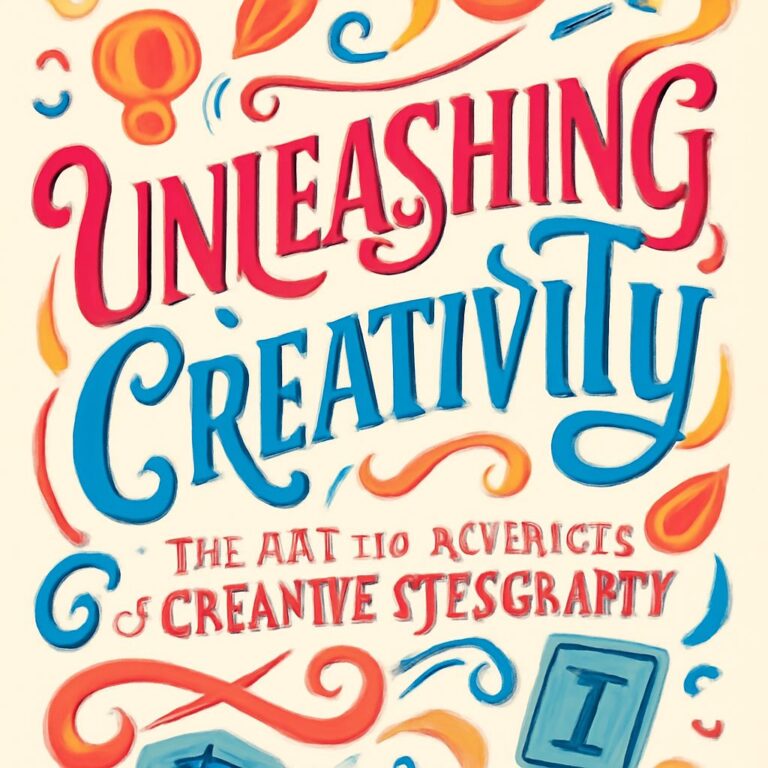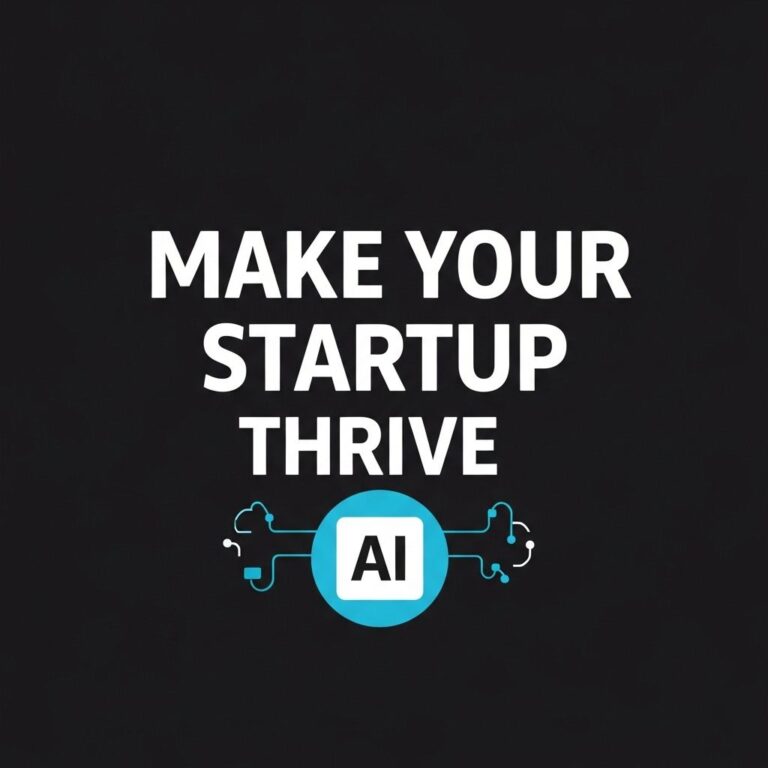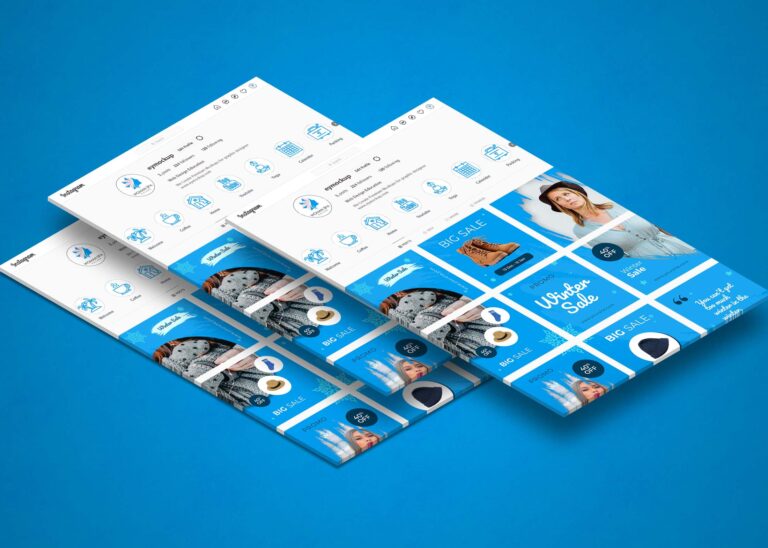In the digital age, leveraging technology for personal improvement has become the norm. Among various technological advancements, artificial intelligence (AI) stands out as a game-changer, especially in the realm of fitness tracking. This article explores my journey of utilizing AI to streamline my fitness goals, enhance my workout routines, and ultimately achieve a healthier lifestyle.
Table of Contents
Understanding the Role of AI in Fitness
AI has made significant strides in numerous fields, and fitness is no exception. From personalized workout plans to real-time performance analysis, AI applications can provide tailored solutions to fit individual needs. The effectiveness of AI in fitness tracking can be broken down into several key areas:
- Personalized Workout Plans: AI can analyze individual user data to create custom workout plans that align with specific goals, whether it’s weight loss, muscle gain, or endurance building.
- Real-Time Feedback: Wearable AI devices can provide immediate feedback on performance metrics, helping users make on-the-fly adjustments during workouts.
- Progress Tracking: AI systems can track performance over time, allowing users to visualize their progress and adjust their goals accordingly.
- Dietary Suggestions: Many AI applications offer nutritional suggestions based on fitness goals, providing a holistic approach to health.
Choosing the Right AI Tools
With numerous AI fitness apps and devices available, selecting the right tools is crucial. Here’s how I approached the selection process:
1. Identifying My Goals
Before diving into the world of fitness tech, I took time to identify my primary fitness goals:
- Improve cardiovascular fitness
- Increase muscle strength
- Enhance flexibility and overall mobility
2. Researching Available AI Solutions
Next, I conducted comprehensive research on various AI fitness tools. Popular applications I explored included:
| App/Device | Features | Price |
|---|---|---|
| MyFitnessPal | Calorie tracking, workout logging, community features | Free with premium options |
| Fitbit | Wearable device, heart rate monitoring, activity tracking | Varies by model |
| Freeletics | Customized workouts, coaching, progression tracking | Subscription-based |
3. User Reviews and Community Feedback
Before making a decision, I delved into user reviews and community feedback. Engaging in forums and reading testimonials helped me narrow down the options based on real-life experiences.
Implementing AI into My Fitness Regimen
After selecting the tools that aligned with my fitness goals, I began incorporating them into my daily routine. Here’s how I effectively integrated AI into my fitness regimen:
Step 1: Setting Up My Profile
Each application required me to create a user profile, where I inputted data such as:
- Age
- Weight
- Height
- Activity level
- Fitness goals
Step 2: Customizing My Workout Plans
Using the insights from the apps, I received tailored workout plans. For instance, Freeletics provided diverse workout routines that could be adjusted based on my weekly progress and feedback.
Step 3: Consistent Tracking and Adjustment
I diligently logged my workouts and meals using MyFitnessPal. This data was crucial for the AI algorithms to learn my habits, refine my plans, and offer better suggestions over time.
Analyzing Progress with AI Insights
The real power of AI in fitness tracking lies in its ability to analyze data. Here are the benefits I experienced:
- Data Visualization: The apps provided visual representations of my progress, which motivated me to stay consistent.
- Adaptive Learning: As I progressed, AI algorithms adapted my workout intensity and nutritional suggestions to ensure continuous improvement.
- Performance Metrics: I received detailed insights on my workout performance, such as calories burnt, heart rate zones, and recovery times.
Challenges Faced and Overcoming Them
While my experience with AI in fitness tracking was largely positive, there were challenges along the way:
Data Overload
At times, the plethora of data could be overwhelming. To mitigate this, I focused on key metrics that aligned with my goals rather than getting lost in excessive details.
Initial Set-Up Complexity
The initial set-up of profiles and apps required time and effort. However, I dedicated a weekend to ensure everything was configured accurately, which paid off in the long run.
Maintaining Motivation
While AI offered insights, maintaining motivation remained a personal responsibility. I supplemented my routine with personal challenges and workout partners to keep me accountable.
Conclusion: The Future of Fitness Tracking
My journey of using AI to track fitness goals has truly transformed my approach to health and fitness. The ability to tailor workouts, track progress seamlessly, and receive real-time feedback has not only improved my physical performance but has also fostered a deeper understanding of my body and its needs. Looking forward, I believe the integration of AI in personal fitness will only expand, offering even more innovative solutions that empower individuals to take control of their health.
FAQ
How can AI help in tracking fitness goals?
AI can analyze data from fitness devices, provide personalized workout recommendations, and help monitor progress over time.
What types of AI tools are available for fitness tracking?
There are various AI-powered apps and wearables that track metrics like heart rate, calories burned, and workout performance.
Can AI create a personalized fitness plan?
Yes, many AI fitness apps can assess your current fitness level and create a tailored workout plan based on your goals.
Is it easy to integrate AI into my fitness routine?
Absolutely! Most AI fitness tools are user-friendly and can be easily integrated into your daily routine.
What are the benefits of using AI for fitness tracking?
Using AI for fitness tracking can enhance motivation, provide insights into performance, and help achieve goals more efficiently.
Are there any privacy concerns with using AI fitness apps?
Yes, it’s important to review privacy policies and data security measures of AI fitness apps to ensure your personal information is protected.









